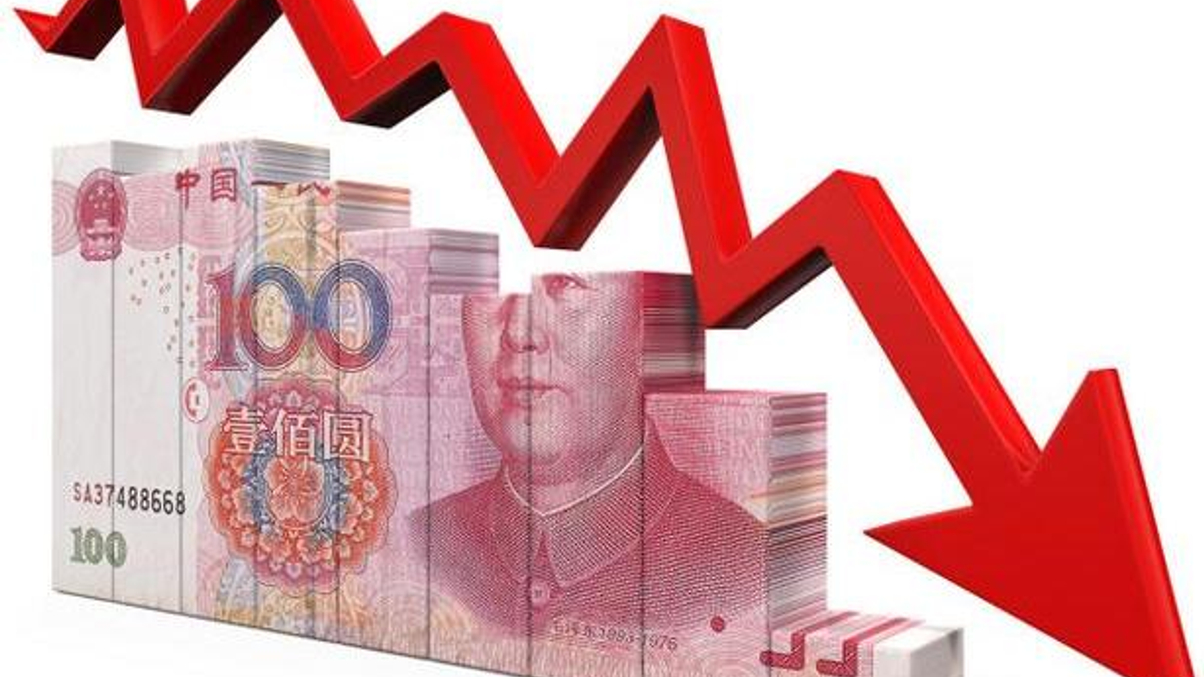Brexit re-ignites RMB fall, China outflows
Britain's vote to leave the EU has sparked more renminbi weakening and capital outflows from China. This trend could wreak havoc on markets, says Chi Lo of BNP Paribas Investment Partners.

Fears are rising that Britain’s vote to leave the European Union has sparked another bout of renminbi depreciation and capital outflows from China, on the back of a strengthening dollar.
Sign in to read on!
Registered users get 2 free articles in 30 days.
Subscribers have full unlimited access to AsianInvestor
Not signed up? New users get 2 free articles per month, plus a 7-day unlimited free trial.
¬ Haymarket Media Limited. All rights reserved.


